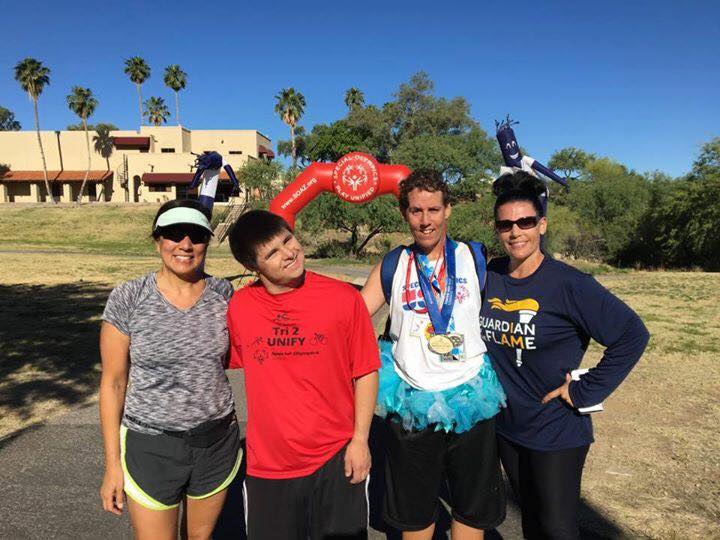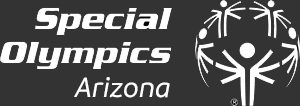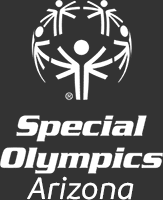
Signs & Symptoms of Autism Spectrum Disorder (ASD)
Signs & Symptoms of Autism Spectrum Disorder (ASD)
Autism Spectrum Disorder, commonly referred to as autism or ASD, is a complex developmental condition that affects around 1% of the world’s population. Autism is referred to as a spectrum disorder due to the high degree of variability there is among individuals: While many of the symptoms are recognizable, individuals vary greatly in their severity as well as the symptoms themselves. There can be a number of different combinations of genetic, non-genetic, or environmental influences that may be the cause of autism spectrum disorder, and the severity of an individual’s autism will affect what signs and symptoms they display. The Special Olympics Arizona team is breaking down the symptoms of this complex disorder: the core signs and symptoms and other symptoms individuals with ASD might display.
What Are the Symptoms of Autism Spectrum Disorder (ASD)?
Individuals with Autism Spectrum Disorder will generally have difficulties with social communication and interaction, causing them difficulty relating to and engaging with their peers and individuals around them. They often have difficulties with restrictive or repetitive behaviors or interests. Individuals often have different ways of learning, moving, or paying attention, which often leads to difficulties in a classroom setting. The symptoms of autism will often appear early in childhood, though they may go unrecognized depending on their severity. These symptoms will persist throughout childhood and into adulthood and often cause difficulties with the activities of daily life, especially those involving social interaction and communication.
Core Symptoms of Autism
The core symptoms of autism include difficulties with social communication and interaction, as well as restricted or repetitive behaviors. Due to autism being a spectrum disorder, it is important to note that not all individuals with autism will struggle with each of these symptoms. Some individuals may experience all the common signs and symptoms of autism on a more severe scale, while others may experience only a few symptoms in a less severe manner. It is also important to note that some individuals who do not have autism may display some of these signs and symptoms. If you notice these signs and symptoms being displayed by your child, it is always recommended to speak to your doctor to determine a diagnosis before jumping to conclusions about your child and autism.
Social Communication and Interaction
Children and adults with autism often have difficulty with verbal and non-verbal social communication and interaction. They may have difficulties with:
- Spoken language: Many individuals with autism have difficulty understanding and using spoken language. They may have scripted or stilted speech, or they may have difficulty understanding spoken language or determining an appropriate response. One of the early signs of autism in young children is the lack of response to their own name by age 9 months, indicating difficulty understanding spoken words. Around 33% of individuals with autism are non-verbal.
- Eye contact: Individuals with autism often have difficulty initiating and maintaining eye contact.
- Gestures: Individuals with autism often have difficulty understanding non-verbal communication, such as gestures or hand motions.
- Facial expressions: Individuals with autism often have difficulty understanding facial expressions and cannot express their own emotions through facial expressions. One of the early signs of autism in babies is the lack of ability to express emotions through facial expressions by nine months.
Additional Social Challenges of Autism
Some of the additional social challenges that individuals with autism may have include:
- Difficulty recognizing the emotions or intentions of others.
- Difficulty recognizing or expressing one’s emotions.
- Difficulty or inability to seek emotional comfort in others.
- Commonly feeling overwhelmed in social situations and having difficulty appropriately expressing these feelings.
- Difficulty appropriately communicating, especially when it comes to taking turns in conversation.
- Difficulty understanding and gauging personal space when it comes to others.
- Taking abstract ideas and expressions very literally, leading to conversational misunderstandings.
- Difficulty relating to their peers, which can result in difficulty developing relationships and making friends.
Restricted or Repetitive Behaviors
Individuals with Autism often deal with restricted or repetitive behaviors. This can look like:
- Difficulty coping with change: Individuals with autism often have difficulty dealing with change, especially when it comes to their routine or environment. They are often inflexible in their behavior, leading to difficulties handling a new school, new foods, or new activities.
- Overly focused on a niche subject: Individuals with autism often become overly focused on a niche subject and dedicate large portions of their time to learning and exploring these subjects. Often, children with autism will have difficulty because they expect others to be equally interested in this niche subject or interest.
- Sensory hypersensitivity: Individuals with autism may have sensory difficulties and are often hypersensitive to sounds, feelings, and smells around them. It is common for individuals with autism to be extremely specific about the type of fabric they will wear or the scent of soap they will use. This relates to difficulty coping with change, and a change to their sensory environment will be very difficult for them to cope with.
- Stereotypical movements: Individuals with autism may often have frequent movement patterns, such as rocking, flapping, spinning, or running back and forth.
- Ritualistic behaviors: Individuals with autism commonly have ritualistic behaviors they partake in. This can include arranging things in a very specific manner, repeating motions with certain objects, such as flipping light switches, or staring at spinning objects and lights.
Other Signs of Autism
Aside from the social and behavioral signs that are commonly recognized in individuals with autism, there are other signs that are commonly recognized among children and adults with ASD. These include:
- Gastrointestinal issues.
- Unusual mood or emotional reactions.
- Delayed language and movement skills.
- Delayed cognitive and learning skills.
- Anxiety, stress, or excessive worry.
- Hyperactive, impulsive, or inattentive behavior.
- Unusual eating or sleeping habits.
- Lack of fear, or more fear than expected.
- Epilepsy or seizure disorder.



